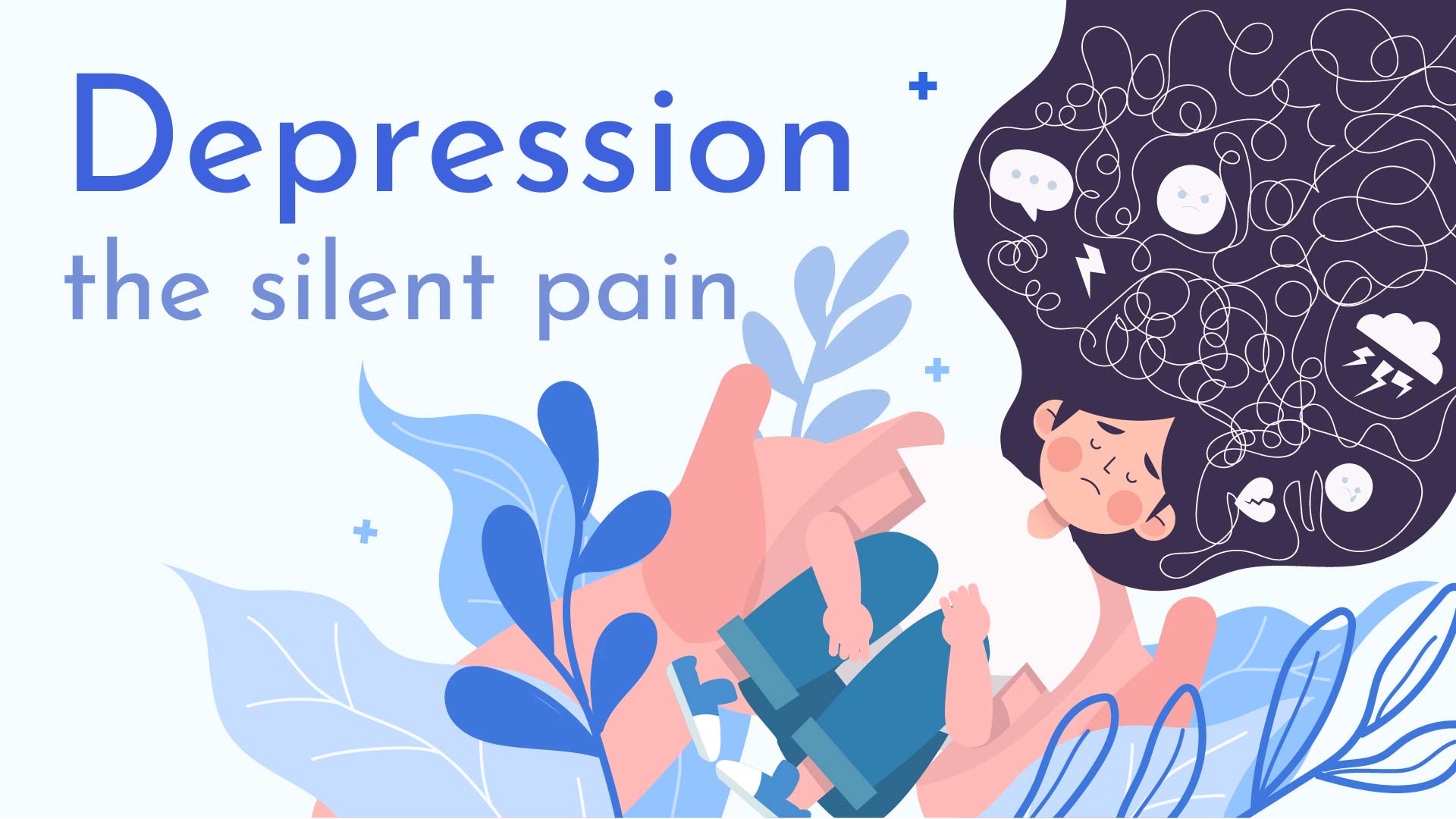The topic of depression is one that is gaining more attention, but it can still be confusing and uncertain for many people. There are questions about what causes it, how severe it can be, and what kind of help is available for those who may be struggling with it. However, what matters most is finding ways to prevent depression and supporting those who are affected by it.
Depression vs Sadness?
Experiencing sadness is common for individuals, and there is no need to worry as long as these emotions can be managed effectively. It is important to note that experiencing sadness for prolonged periods can negatively impact one’s daily life. However, as long as one is able to keep their emotions in check, they can continue to go about their daily routine as usual. On the other hand, depression is a mental illness that causes abnormal emotions. Individuals with depression feel a stronger and longer-lasting sense of sadness or hopelessness than usual, which can persist for at least two weeks.
Signs of Depression
Those emotions involving depression can have an impact on their behavior. They may lose interest in activities they once enjoyed, experience changes in appetite, and begin to eat less. They may also have sleeping problems, fatigue, lack of concentration, negative self-perceptions, low self-esteem, view things negatively, and in extreme cases, have thoughts of suicide. If an individual or their loved one suspects they may be at risk of depression, seeking help from mental health professionals is crucial. These professionals use interviews, medical histories, and mental examinations to diagnose the condition.
Cause of Depression
The causes of depression can be physical or biological, such as chemical imbalances in the brain or certain physical illnesses. Additionally, the use of substances or certain medications can lead to depressive symptoms. Psychological factors, like coping skills, stress management, and personality, play a role, as well as social factors, such as loss, stress in close relationships, or chronic illness.
Treatment
- Medication: Specific drugs designed to address depression or chemicals that target the brain.
- Psychotherapy: Communication with a psychologist, psychiatrist, or another mental health provider, seeking help, and finding new problem-solving strategies.
- Social Engagement: Involving family and close friends, making environmental changes, and participating in stress-relieving activities.
- Self-Care: Reducing the risk of depression by taking care of physical health, avoiding substance abuse, and learning to manage anxious emotions.
If you need help
If you find yourself in a situation where you need help, please know that you are not alone. Seeking help is the best thing you can do for yourself. We encourage you to reach out to emergency services or a hotline.
Mental Health Hotline (domestic call) 1323
Samaritans Thailand Hotline 02-113-6789
Don’t be afraid, if you need help. Your well-being is important, and help is available.
It’s important for patients to have the support of close friends and family who are aware of their condition and understand their illness. If these individuals notice any changes in the person’s behavior, such as feelings of sadness, irritability, loss of interest, or lack of motivation, they should not assume that the person is seeking attention. Instead, they should ask how they can help and offer support. If depression is suspected, it’s crucial to encourage the person to seek treatment. The most important thing is to listen without judgment or abandonment.
Original Content by:
Assist. Prof. Kitikan Thana-udom
Specialized in Mood disorder, Geriatric psychiatry
Department of Psychiatry
Faculty of Medicine Siriraj Hospital
Reference:
https://www.si.mahidol.ac.th/th/healthdetail.asp?aid=1341
https://www.mayoclinic.org/diseases-conditions/depression/diagnosis-treatment/drc-20356013
https://www.healthline.com/health/depression/depression-vs-sadness#symptoms


 Published
Published